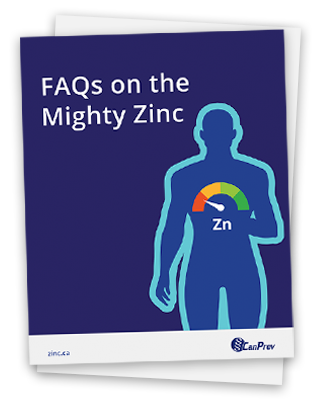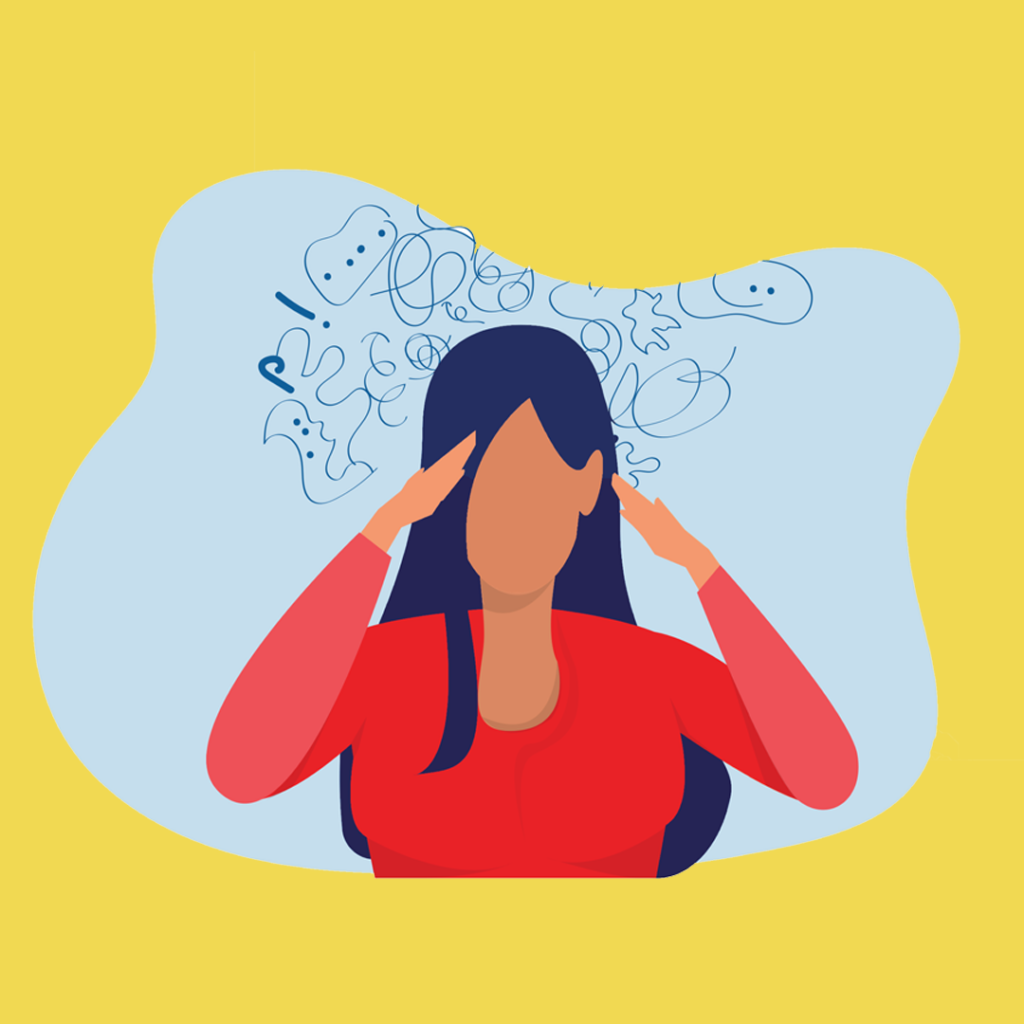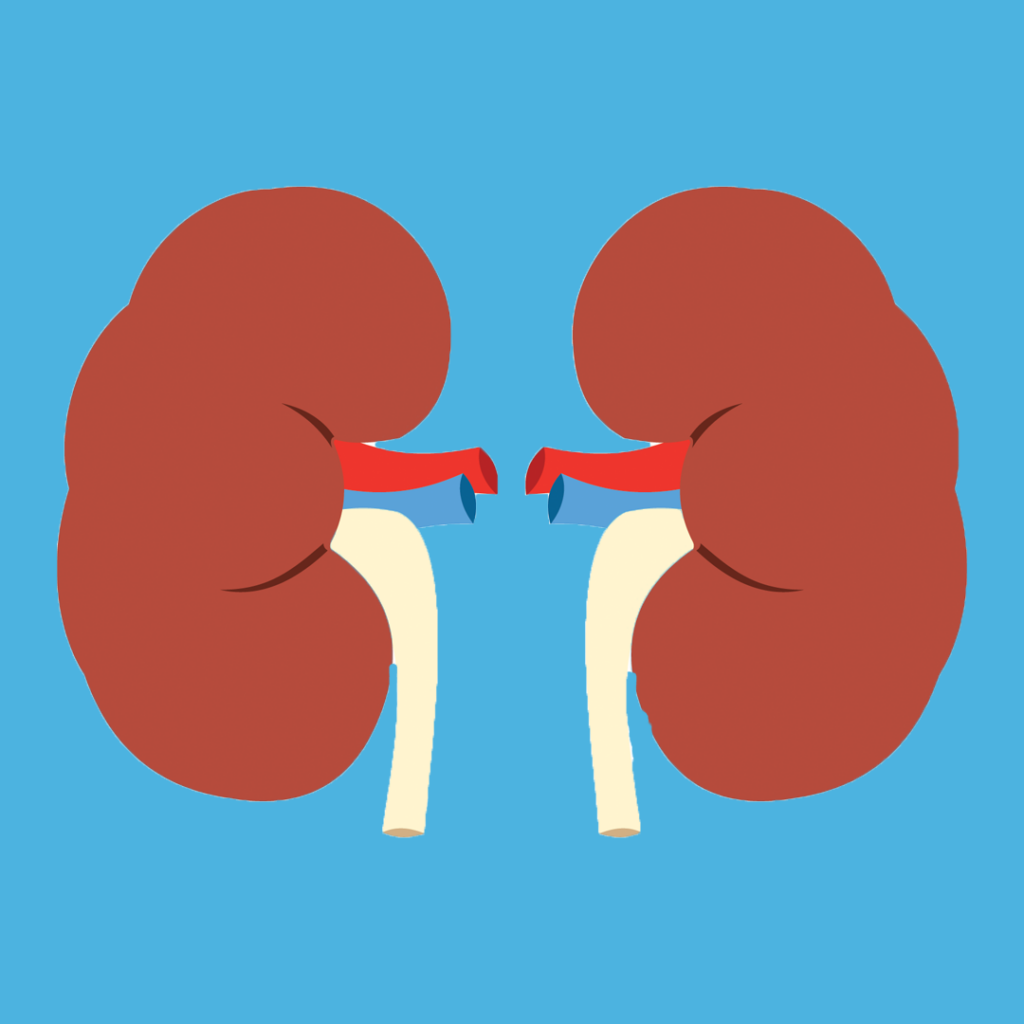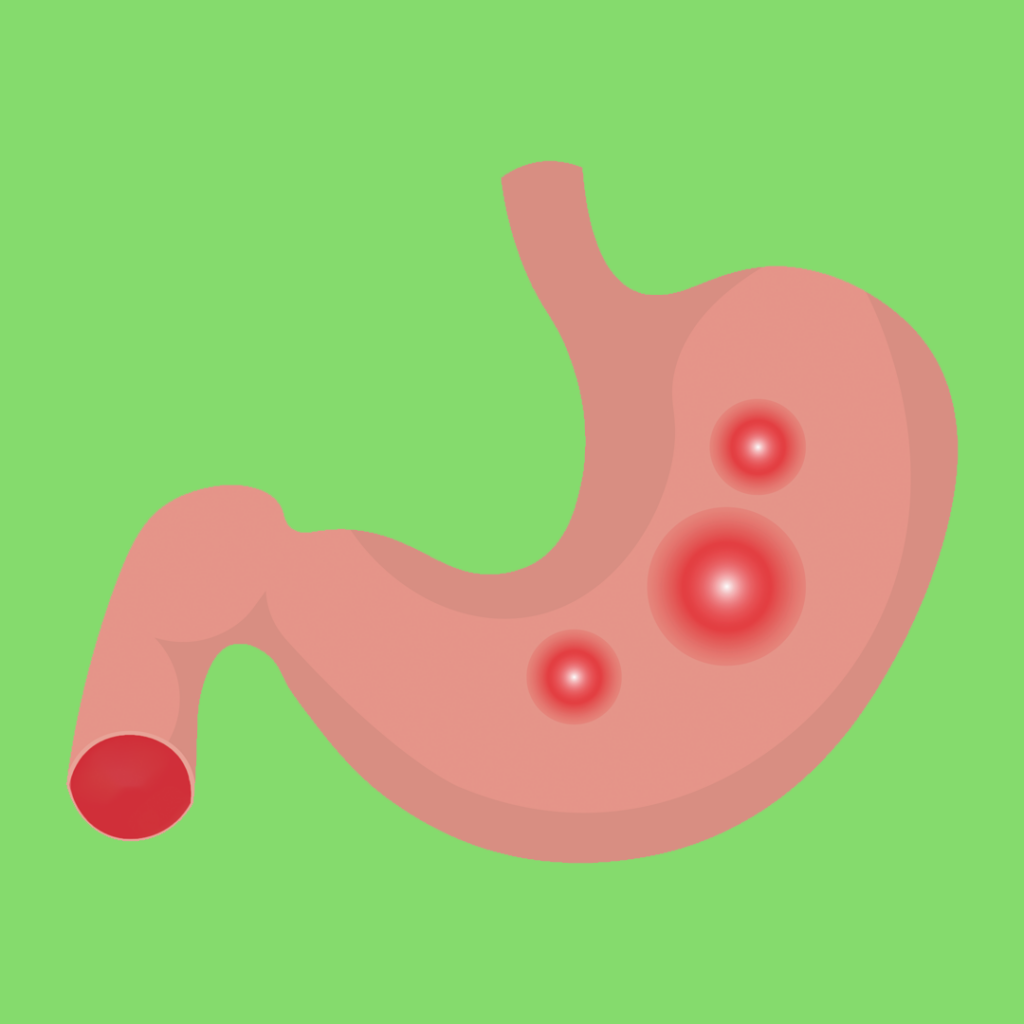Causes and signs of zinc deficiency
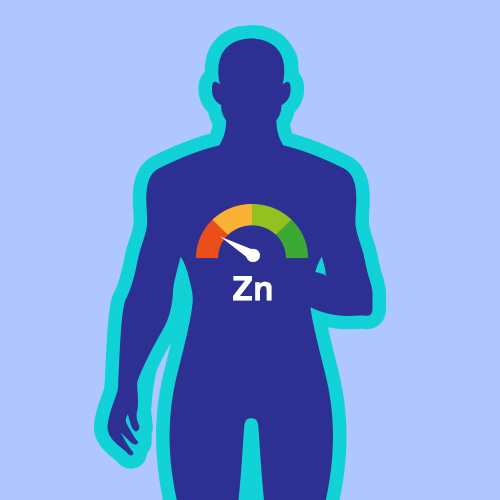
Lets talk zinc… It's an essential micronutrient that is commonly found in foods and vitamin and mineral supplements. Zinc is crucial for a strong and robust immune system, optimal blood sugar balance, healthy metabolism, wound healing, hormone health, and many other body reactions. Zinc deficiency, or any nutritional deficiency, occurs when there are insufficient levels to meet the body’s demand and can be caused by several factors.
Causes of zinc deficiency
Low Dietary intake – Since zinc is not stored in the body it is important to regularly consume foods that are rich in zinc. Oysters contain more zinc per serving than any other food, but red meat and poultry provide the majority of zinc in our diets. Other notable sources include pumpkin seeds, shellfish, mushrooms, and some beans and nuts.
Aging – As we get older, our blood levels of zinc decrease; even if you don’t change your intake. That’s because as you age, the body’s ability to absorb zinc decreases meaning you may have to increase your intake to maintain healthy zinc levels.
Inadequate Absorption – While there are rare genetic diseases that can impair zinc absorption, consuming phytate rich foods can bind and impair the absorption of zinc. Phytates are found in staple foods like cereals, rice, and corn, and when consumed together with zinc, can be responsible for decreasing the absorption.
Increased Loss of Zinc – Sometimes the issue is that we lose more zinc than we are capable of consuming. Common causes of zinc loss include:
- Excess exercise - Physical exercise, and the sweating that follows, can deplete zinc stores and affect hormone levels as reported in a recent study with athletes. The same study also demonstrated thar supplementing with zinc in athletes helped to restore hormone balance.
- Alcohol Intake – Alcohol decreases the absorption of zinc in the digestive tract and increases the zinc loss through urine.
- Digestive Health – About half of the zinc loss in the body occurs through the digestive tract. Because zinc is absorbed in the small intestine, any inflammation in this area, from Crohn’s disease, Celiac disease, or IBD, can affect the body’s ability to absorb zinc. Additionally, diarrhea can also promote zinc loss through rapid dehydration and emptying the bowels before zinc can be absorbed.
Signs of zinc deficiency
- loss of appetite
- impaired immune function
- hair loss or grey hair
- delayed sexual maturation
- weight loss or gain
- delayed healing of wounds
- taste abnormalities
- mental lethargy
- impaired growth and development of infants, children and adolescents
- impaired maternal health and pregnancy outcomes
 To learn more about which zinc formula is right for you click here.
To learn more about which zinc formula is right for you click here.
Testing for Zinc Deficiency
There are numerous ways to test for optimal zinc levels; some tests are better for testing excess versus deficiency and there are key differences with each type of test.
Zinc Taste Test (Oral Zinc Test) - Because we know that low zinc levels can affect our taste and smell, this is a very quick (ten seconds) test performed in a doctor’s office to measure the ability to taste zinc. The patient sipps and holds in their mouth a standard zinc solution and indicates when, and if, they notice any taste. An immediate and strong metallic taste suggests normal zinc levels, whereas no noticeable taste after ten seconds can indicate low zinc levels. This is a quick and less scientific test but can provide rapid results and promote further investigation.
Serum Zinc - This is the simplest way of testing zinc status, but there are numerous factors that can cause inaccuracies. Pregnancy, stress, meals and fasting, and other factors may affect the accuracy of the test results
Plasma Zinc - Because zinc is distributed in trace amounts throughout the body, it is difficult to measure on a standard blood test. In order to accurately measure blood zinc levels, your doctor needs to measure the amount of zinc in your blood plasma. This test is quite accurate at finding major deficiencies but is not sensitive enough to detect marginal deficiencies and thus a patient with normal levels may not actually have adequate levels of zinc.
Zinc Tolerance Test - This test measures the plasma zinc levels before and after administering an oral dose of zinc. This can be useful to measure for abnormalities of zinc absorption.
Hair Zinc - The least invasive testing procedure only requires a small clipping of hair close to the scalp. Because hair can take a long time to regrow, the results may not be reflective of current zinc status and there may be substantial time required in between testing to allow new hair growth. Certain shampoos and hair products that contain zinc may also alter the results.
It is clear that there are numerous ways to test for zinc deficiency and sufficiency. When choosing the appropriate test, consider your ultimate goals, whether it be speed or ease of results, or the ability to test and retest often to monitor treatment.
Download this FREE zinc FAQ
Zinc is a mighty trace mineral that performs many jobs. Here are a few frequently asked questions and answers found in this free guide:
- Are you susceptible to a deficiency in zinc?
- I’m trying to conceive, will zinc help me?
- How much zinc should I take?
- What are zinc's friends and zinc's rivals?
- and more...

